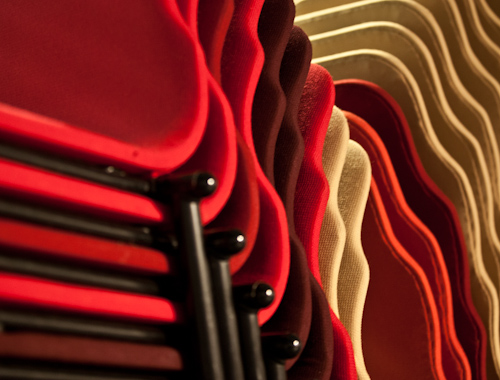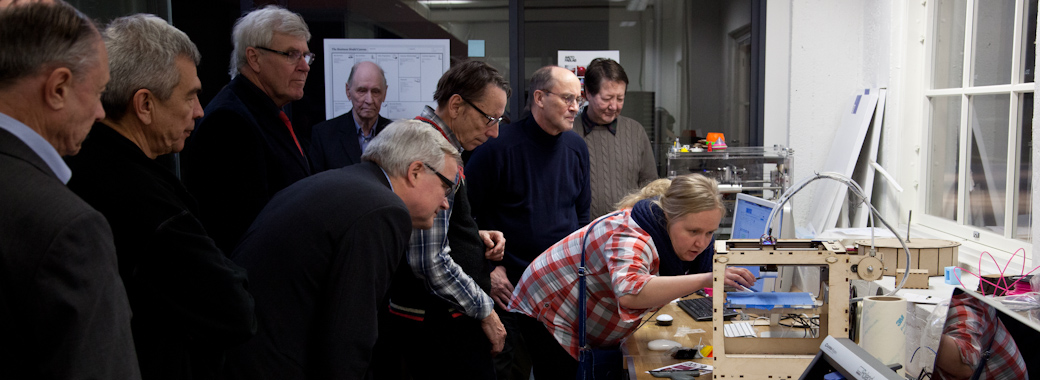University of Helsinki (Centre for Research Methods & Department of Social Research), Aalto University Media Factory and Informaatiomuotoilu.fi present
Visualizing Knowledge: Visualization, Data & Research Meetup
Minerva-tori (K226), Siltavuorenpenger 9, Helsinki (http://www.helsinki.fi/teknos/opetustilat/keskusta/s5aminervatori/default.htm).
September 10, 13:00 to 17:00
Registration required! See below.
Are you a researcher interested in a data-driven approach to social science or the humanities? Are you a design or engineering student or graduate interested in collaborating with researchers in these fields? Are you interested in using visualizations to present your research results? Or do you simply want to learn more about the possibilities visualization and data-driven methods might offer for you?
Join us for an opportunity to meet with others interested in similar topics and to hear about some of the ways in which such methods and tools are applied to research conducted in Aalto University and University of Helsinki!
The event features an international keynote speaker and four researchers from the two universities presenting their work. Participants may also present their own projects in “open mic” style lightning talks (see below).
The meetup is open for all faculty, researchers and post-graduate students at University of Helsinki and Aalto University. A registration is required.
If you need study credits (ECTS), you may create a short report of your experiences of the event – please discuss the details with your own university.
Register at: https://eage.aalto.fi/?fs%2FVisualizingKnowledge
***
The keynote presentation is delivered by Sandra Rendgen, an art historian specializing in the history of interactive media and information visualization. She has worked with Taschen Publishing and edited two well-received popular books on the topic, Information Graphics (2012) and Understanding the World (2014). She teaches at the University of Applied Sciences in Potsdam.
Other talks will be given by:
Dr. Lily Díaz-Kommonen, professor at the Media Lab, Department of Media, Aalto University. Her research interests include visualization methods and tools, as well as systems of representation for the digital media. She is the leader of the Systems of Representation research group in the Aalto University Media Lab and heads the Dynamic Visualization in New Media minor at the Master of Arts program there.
Dr. Matti Kortteinen, professor of Urban Sociology at the Department of Social Research, University of Helsinki. His research interests include mixed methods type urban analysis combining sociological and geographical perspectives, GIS, statistical analysis and qualitative in-depth interviews. He has received two state prices (“valtion tiedonjulkistamispalkinto”) based on his books.
Dr. Tomi Kauppinen, docent and postdoc researcher at the Department of Computer Science, Aalto University, and Privatdozent (PD) at the Institute for Geoinformatics at the University of Münster. His research agenda is to advance spatial information usability, for instance to study and evaluate the role of the web and linkages to support the creation and use of spatial information. A central theme in his work and teaching is handling of time, for example in a form of modeling of changes.
MA Wesa Perttola, University Instructor in Archaeology at the Department of Philosophy, History, Culture and Art Studies, University of Helsinki. His main interests include archaeological fieldwork methodology and the use of GIS, LIDAR and geophysics in archaeology. Topic for his talk will be Under the Ground, Beneath the Sea, From the Air: How to See Archaeological Sites.
All presentations will be in English.
Participants may also give a 5 min lightning talk on their own research interests or projects they’re working on. (The 5 min time limit is strictly enforced!) If you are interested in giving a lightning talk and want to be sure of getting the time slot for doing so, please email info@tietonakyvaksi.fi to pre-register your talk. The time reserved for the talks will be allotted on a first come, first serve basis. If there is time left over from pre-registered talks, anyone can give a lightning talk on an “open mic” basis.
For any questions about the event please email info_at_tietonakyvaksi_dot_fi


